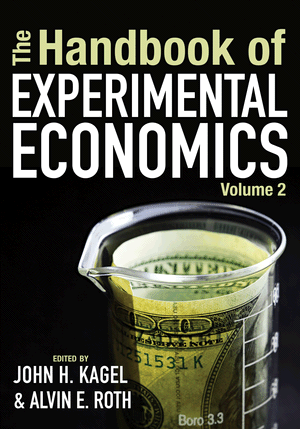I've recently joined the advisory board of the National Living Organ Donor Assistance Center (NLDAC), which gives certain forms of financial assistance--mostly travel assistance--to living organ donors. I expect to learn more about what they do, and can do, in the months to come.
Here's a page outlining how to apply for travel assistance.
And here's a paper describing its history and experience:
Development of the National Living Donor Assistance Center: reducing financial disincentives to living organ donation, by
Patricia H. Warren, RN, CPTC, Kimberly A. Gifford, MBA, Barry A. Hong, PhD, Robert M. Merion, MD, and Akinlolu O. Ojo, MD, PhD, MBA
Abstract: Over the years, the transplant community has worked to advance the care of living organ donors; however, barriers remain, including the nonmedical expenses incurred by living donors. A new center, funded by a grant from the Health Resources and Services Administration (HRSA), was established to operate a nationwide system to remove these financial disincentives. The HRSA grant was awarded to an academic institution and the daily operations are managed by a transplant professional society. Expenses are reimbursed prospectively for financially needy living donors. Combining the legislative authority and economic resources of the federal government, the research experience of an academic institution, and the management know-how of a professional society has proven to be successful. To date, the center has received 3918 applications submitted by 199 different transplant centers and receives about 80 applications per month. On average, a donor spends $2767 for their travel expenses to the transplant center. Of the 3918 applications that have been submitted, 1941 of those applicants (50%) have completed their donor surgery.
Here's a page outlining how to apply for travel assistance.
And here's a paper describing its history and experience:
Development of the National Living Donor Assistance Center: reducing financial disincentives to living organ donation, by
Patricia H. Warren, RN, CPTC, Kimberly A. Gifford, MBA, Barry A. Hong, PhD, Robert M. Merion, MD, and Akinlolu O. Ojo, MD, PhD, MBA
Abstract: Over the years, the transplant community has worked to advance the care of living organ donors; however, barriers remain, including the nonmedical expenses incurred by living donors. A new center, funded by a grant from the Health Resources and Services Administration (HRSA), was established to operate a nationwide system to remove these financial disincentives. The HRSA grant was awarded to an academic institution and the daily operations are managed by a transplant professional society. Expenses are reimbursed prospectively for financially needy living donors. Combining the legislative authority and economic resources of the federal government, the research experience of an academic institution, and the management know-how of a professional society has proven to be successful. To date, the center has received 3918 applications submitted by 199 different transplant centers and receives about 80 applications per month. On average, a donor spends $2767 for their travel expenses to the transplant center. Of the 3918 applications that have been submitted, 1941 of those applicants (50%) have completed their donor surgery.













